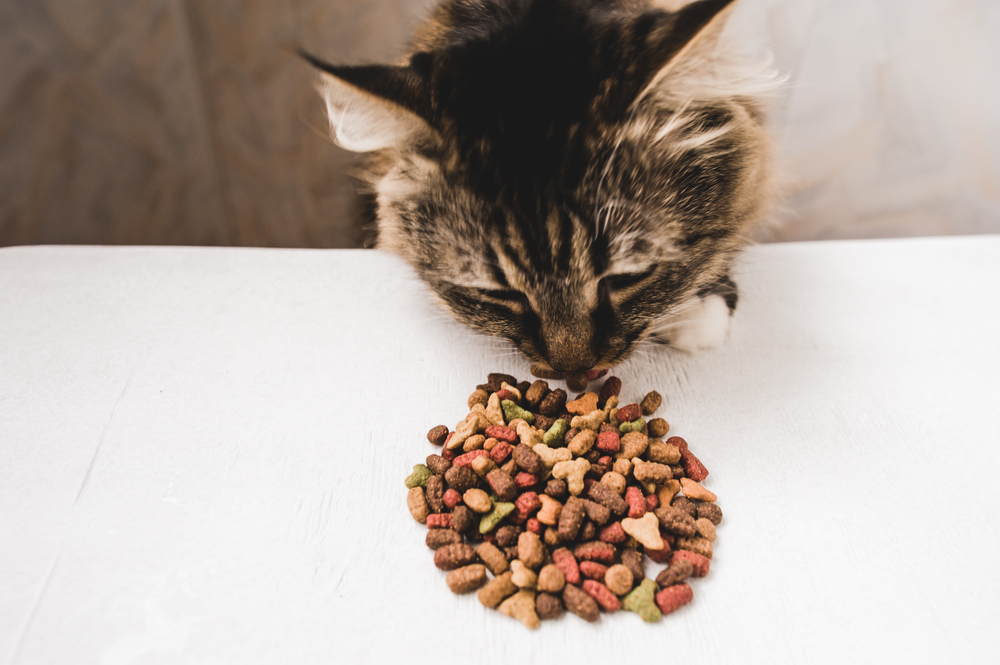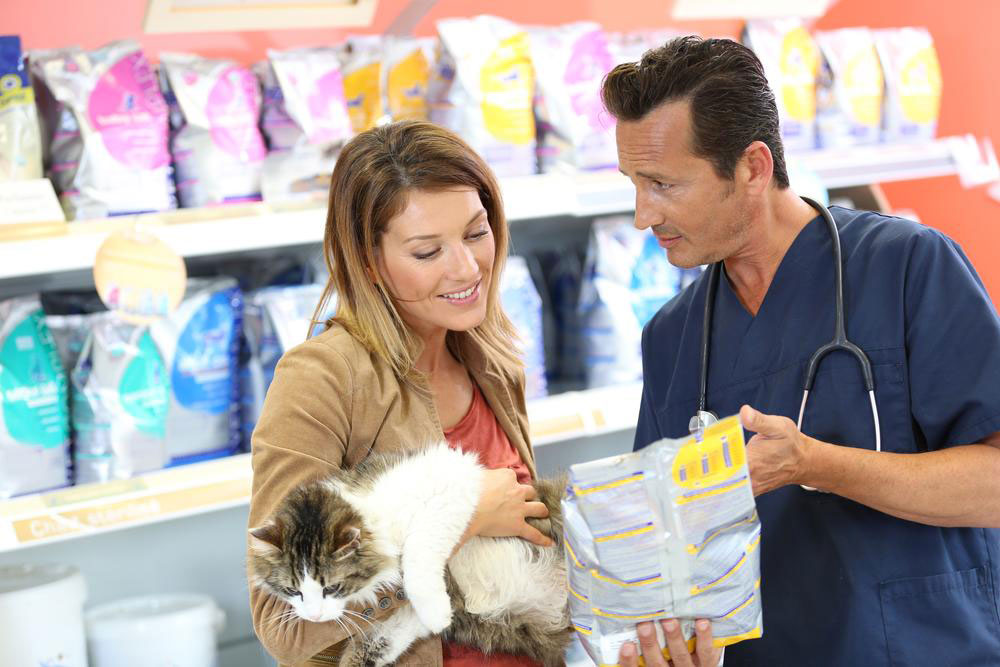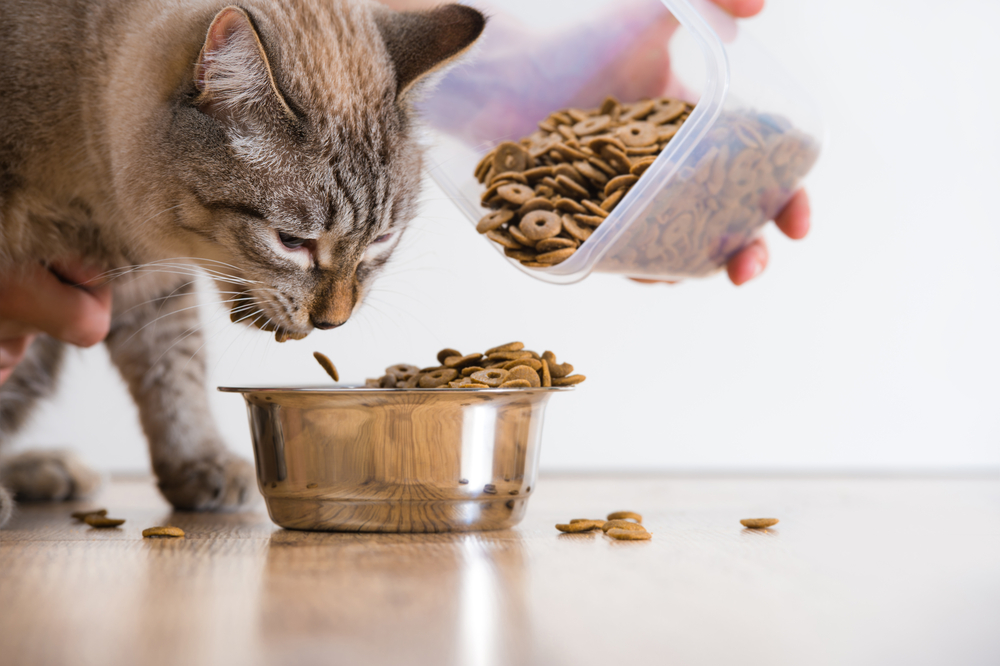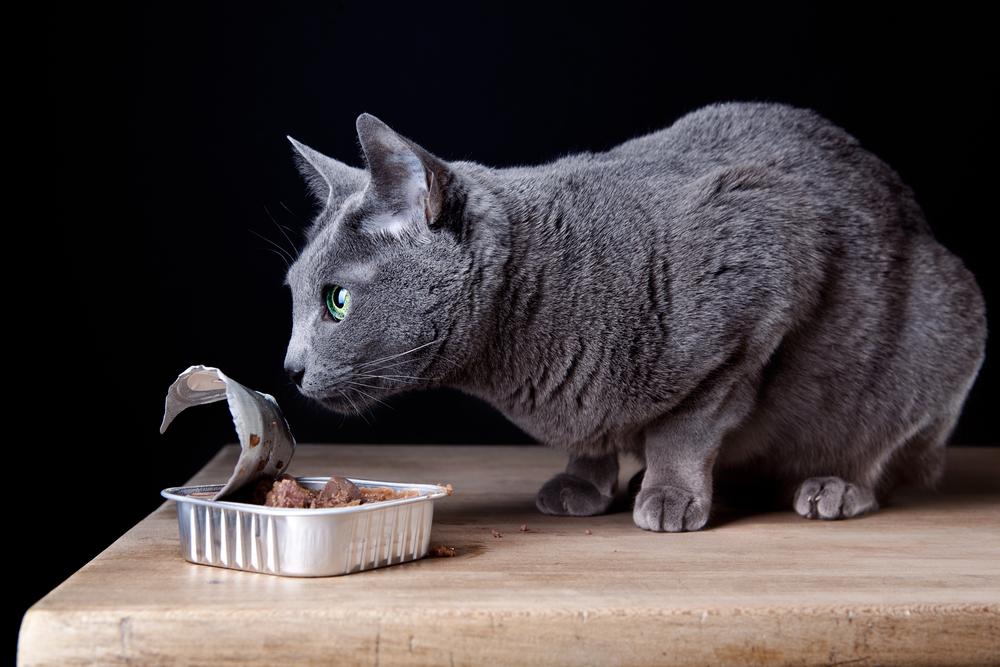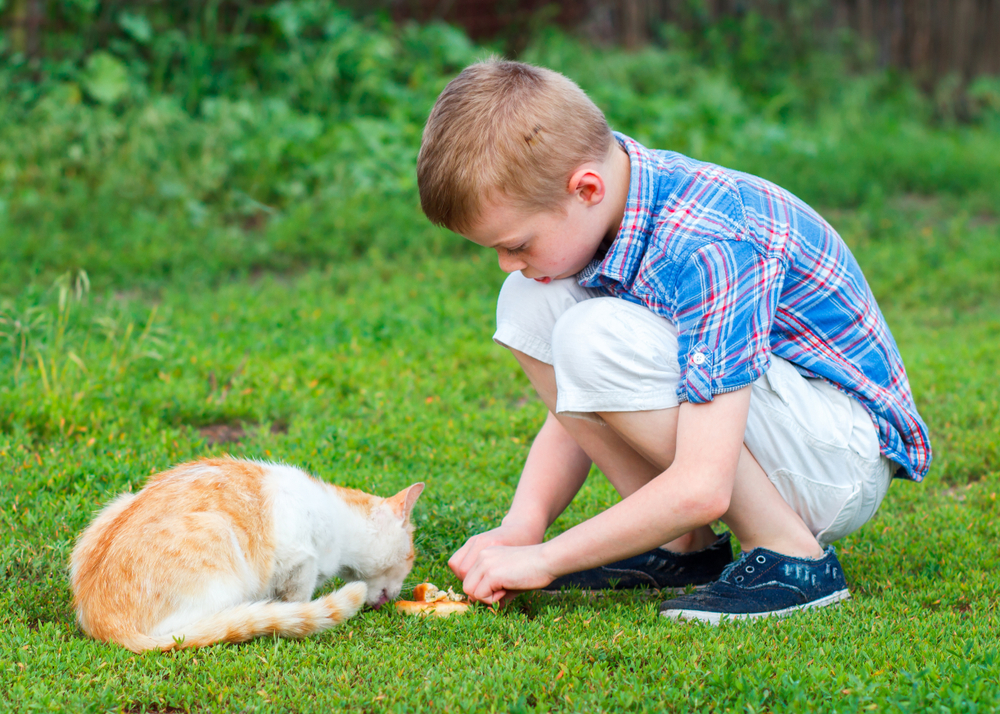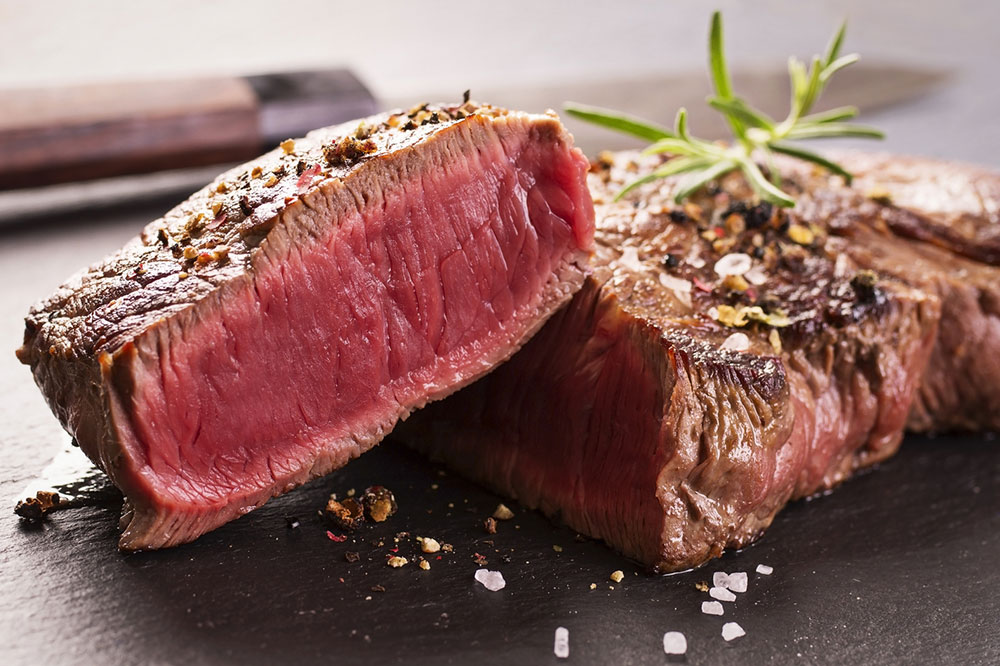Comprehensive Guide to the Advantages of Feeding Your Cat Canned Food
Feeding your cat high-quality canned food offers numerous health benefits such as improved hydration, optimal protein intake, and weight management. This comprehensive guide explores why canned foods are a healthier choice for cats, supporting their natural dietary needs and promoting overall well-being. Learn how moist cat food can prevent common health issues and enhance your pet's quality of life with expert insights and practical tips.
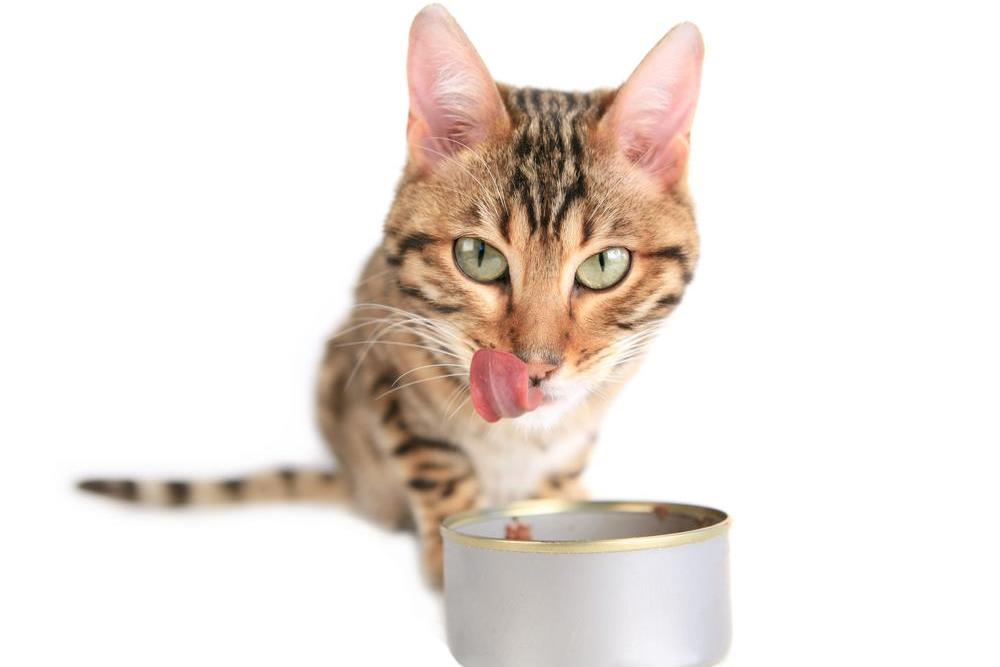
Comprehensive Guide to the Advantages of Feeding Your Cat Canned Food
Choosing the right diet for your feline companion is a critical aspect of ensuring their health, happiness, and longevity. Among the various options available—dry kibble, raw diets, and wet canned foods—many pet nutrition experts increasingly recommend canned food as a superior choice. This shift is driven by extensive research highlighting the numerous health benefits canned foods provide to cats, aligning more closely with their natural dietary needs. Here, we explore the compelling reasons why incorporating high-quality canned food into your cat’s diet can lead to better health outcomes and a more vibrant life for your furry friend.
Optimal Protein Content and Low Carbohydrate Levels
Wild felines and domestic cats share a diet that is rich in animal-based proteins and inherently low in carbohydrates. This natural dietary pattern reflects their physiology and metabolic processes, which are optimized for digesting and processing protein sources such as small mammals and birds. Canned cat foods are formulated to mimic this natural diet, usually containing a higher percentage of animal-derived proteins that support muscle maintenance, energy levels, and overall health. Conversely, many dry foods are designed for shelf stability and texture, often incorporating a significant amount of carbohydrates, primarily to maintain pellet shape. These high-carb contents can be problematic because cats lack the necessary enzymes to efficiently metabolize carbohydrates, which can lead to weight gain, obesity, and related health conditions such as diabetes. Providing your feline friend with canned foods rich in proteins can help simulate their natural diet, supporting healthy metabolism and weight management.
Moisture content is a crucial, yet often overlooked, factor in feline nutrition. Dry pet foods typically contain about 10% moisture, whereas canned foods provide upwards of 75%, closely mimicking the natural hydration cats obtain from their prey. This high moisture content is vital for maintaining proper hydration, supporting kidney and urinary tract health, and preventing issues such as urinary crystals and bladder infections. While some owners might consider adding water to dry food as an alternative, this practice can introduce bacteria and mold if the moist food is not consumed promptly. Canned foods, packaged hygienically and sealed to maintain freshness, eliminate such risks and ensure your cat receives adequate fluids. Proper hydration is especially important since dehydration can contribute to serious health problems, including renal failure and urinary tract disease, common concerns among domestic cats. Incorporating canned food into your cat’s diet ensures they stay well-hydrated naturally, reducing the need for additional water or supplements.
Another significant benefit of canned foods relates to their impact on health issues like obesity and diabetes. Excess carbohydrate intake from dry kibbles can lead to increased body fat and insulin resistance in cats. Feeding canned foods with a balanced profile of protein and minimal carbs helps regulate blood sugar levels, contributing to the prevention of diabetes and other metabolic disorders. Additionally, because canned foods tend to be more palatable to cats thanks to their aroma and flavor, they can encourage proper eating habits, reduce overeating, and support weight management. For cats prone to picky eating or those with health conditions that impair appetite, canned foods often are more enticing and easier to digest, thus promoting better nutritional intake. Furthermore, high-temperature processing used to make dry foods can denature proteins and increase the likelihood of food allergies and sensitivities. Canned foods usually undergo gentler processing, preserving the integrity of proteins and minimizing immune responses triggered by allergenic substances. Overall, transitioning to canned foods can significantly enhance your cat’s health by ensuring they receive nutritionally complete and hydrating meals that align with their natural dietary requirements.
In conclusion, selecting high-quality canned food for your cat offers a multitude of health advantages—from supporting optimal nutrition and hydration to preventing common health issues. The natural, high-protein, low-carbohydrate profile of canned foods aligns with a cat's evolutionary dietary needs, providing them with essential nutrients while reducing the risk of obesity and metabolic problems. The increased moisture content addresses their hydration needs and promotes urinary tract health, which is vital given the prevalence of kidney issues among domestic cats. Additionally, the appealing aroma and flavor of wet canned foods make them a favorite among felines, encouraging proper eating habits and reducing stress during meals. As always, when choosing canned food, opt for reputable brands that use quality ingredients, avoid artificial additives, and ensure balanced nutrition. Consulting your veterinarian can also help tailor the diet to your individual cat's health status and lifestyle. Ultimately, incorporating canned food into your pet's diet can greatly improve their overall well-being, ensuring a happy, healthy, and active life for years to come.
